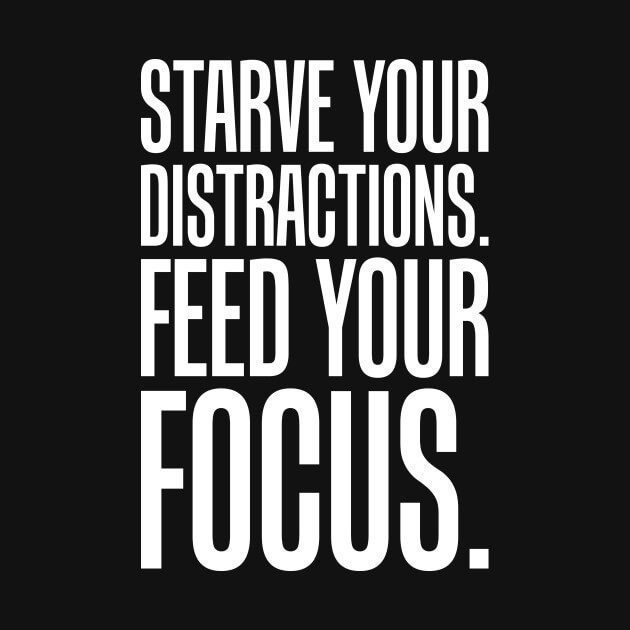I was a Manchester United Football Club fanatic and saw almost all their games live. I have supported the club since the 1998/1999 season after the team won the Premier League, FA Cup and UEFA Champions League continental treble. I paid attention to almost everything about the club: new signings, the latest news, and merchandise purchases, among others. But in 2018, all that started to change as I was re-prioritizing my values and goals in life. I realized I spent at least 4-6 hours every weekend watching the Premier League, la Liga and other sporting events. Five hours every weekend equals 250 hours per year just watching soccer events; that is 1,000 hours in four years. If I keep up at that pace, every 32 years would have involved a year of my life watching soccer events. Like most humans, I was already going to sleep 1/3rd of my life; add soccer match viewing and other entertainment activities to the mix, and time became scarce.
We are what we pay attention to, and our time is the most irreplaceable commodity in the world. Everyone is given the same amount of time daily, the billionaire and the poor. How we spend our limited time here determines the quality and depth of our life. Time is money, and our attention is a superpower in a hyperconnected world where technology companies optimize sophisticated algorithms to hijack our attention. At some point, one has to determine what one wants to pay attention to in an algorithm-powered world.
One of the most challenging decisions I have made in the past five years is leaving social media. I deactivated Facebook and deleted Twitter and Instagram but kept LinkedIn for LinkedIn learning and messaging. I realized the platforms were taking a large chunk of my limited time here on earth, and I decided to do something about it. I also recently started using the downtime feature on my iPhone, which allows me to schedule time away from my phone. I love the feature so much as it has given me a lot of opportunities to do some deep work every morning.
In Stolen Focus: Why You Can’t Pay Attention–and How to Think Deeply Again 1, British-Swiss writer and journalist Johann Hari writes about our rising inability to pay attention to what matters. He observed:
A life full of distractions is, at an individual level, diminished. When you are unable to pay sustained attention, you can’t achieve the things you want to achieve. You want to read a book, but you are pulled away by the pings and paranoias of social media. You want to spend a few uninterrupted hours with your child, but you keep anxiously checking your email to see if your boss is messaging you.
You want to set up a business, but your life dissolves instead into a blur of Facebook posts that only make you feel envious and anxious. Through no fault of your own, there never seems to be enough stillness—enough cool, clear space—for you to stop and think.
“People who can’t focus will be more drawn to simplistic authoritarian solutions—and less likely to see clearly when they fail. A world full of attention-deprived citizens alternating between Twitter and Snapchat will be a world of cascading crises where we can’t get a handle on any of them.”
Attention Residue 2
In a 2009 paper, titled, intriguingly, “Why Is It So Hard to Do My Work?,” Sophie Leroy introduced an effect she called attention residue. In the introduction to this paper, she noted that other “researchers have studied the effect of multitasking—trying to accomplish multiple tasks simultaneously—on performance, but that in the modern knowledge work office, once you got to a high enough level, it was more common to find people working on multiple projects sequentially: “Going from one meeting to the next, starting to work on one project and soon after having to transition to another is just part of life in organizations,” Leroy explains.
The problem this research identifies with this work strategy is that when you switch from Task A to another Task B, your attention doesn’t immediately follow—a residue of your attention remains stuck thinking about the original task. This residue gets especially thick if your work on Task A was unbounded and of low intensity before you witched, but even if you finish Task A before moving on, your attention remains divided for a while.
Clarity about what matters provides clarity about what does not.
Meditations
Daily Calm with Tamara Levitt – Elephants
Letting go of worry and frustrations is tough; we are told to let them go. It is like being told not to think of an elephant. When we stop resisting and fighting our thoughts and concerns, they stop. And from there, once we stop wrestling with our thoughts, shifting our attention from the distant elephant back to the present moment is easier.
Daily Jay with Jay Shetty – Review Your History
The phrase revisionist history refers to purposefully misrepresenting the past. Jay was a shy kid growing up; he used to be mortified speaking in front of people. His parents signed him up for a public speaking class – he attended the class for 9 hours a week for seven years. Jay thought it was a waste of time then but it is now at the cornerstone of his career.
We can be exposed to a lot of current stuff that might seem not worth our engagement and energy. Just because we don’t immediately see the value of something doesn’t mean it won’t have value in the future. The next time you feel something isn’t important, consider keeping your mind open. You may someday be glad that you did.
Daily Trip with Jeff Warren – State of Wander
Podcast
How to Put Yourself First (and Why It’s so Important) | Ed Mylett
All the best in your quest to get better. Don’t Settle: Live with Passion.

Comments are closed.